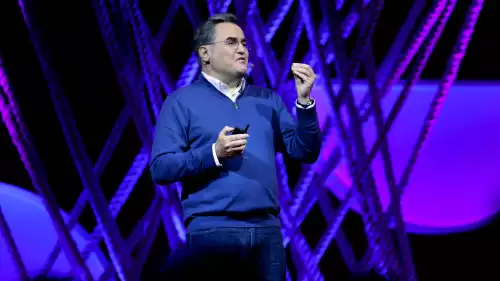
Education
- MBA, INSEAD
- BSc, École Polytechnique and MINES Paris Tech (Mathematics & Sociology major)
Sylvain Duranton is the global leader of BCG X, BCG’s tech build and design unit.
Backed by a vast team of AI, tech-build, and design talents, he helps the world's leading organizations solve strategic challenges and achieve their full digital potential.
Sylvain has supervised the implementation of AI and analytics solutions for companies across the globe.
A mathematician by training, and surrounded by a family of scientists, he is the founder and president of chess club Palamède Echecs and an executive board member of Aurore, one of France’s most prominent NGOs, which aims to alleviate poverty and improve access to housing.












